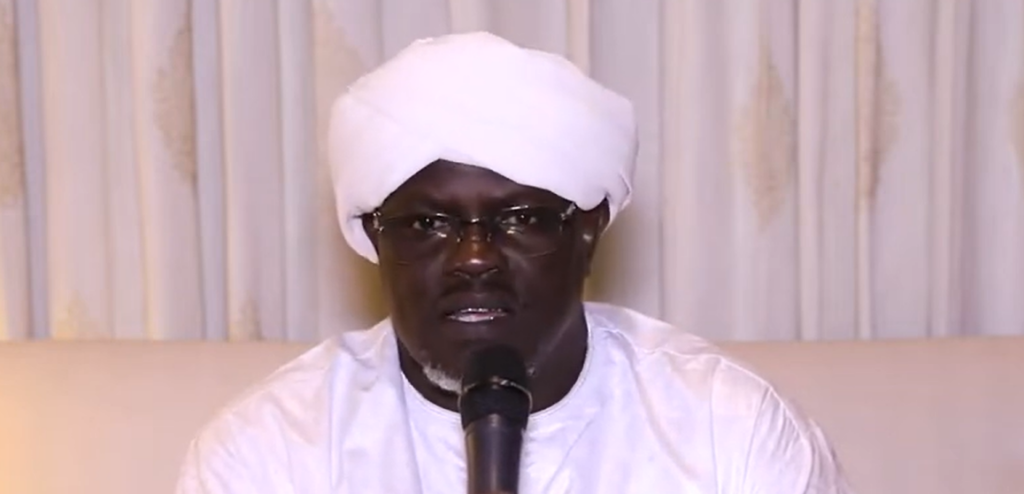The first group of 90 South Sudanese Muslims departed Juba on Friday to perform the Hajj, the annual Islamic pilgrimage to Mecca in Saudi Arabia.
This marks the first time in two years that South Sudanese Muslims have been able to undertake the journey due to financial constraints.
The Hajj, one of the five pillars of Islam, is a mandatory religious duty for Muslims who are physically and financially capable. The pilgrimage takes place annually between the eighth and 13th days of Dhul-Hijjah, the final month of the Islamic lunar calendar.
During the four-day rituals, worshippers participate in a series of ceremonies, culminating in mass outdoor prayers on Mount Arafat on the second day. This site holds deep religious significance as the place where the Prophet Muhammad delivered his final sermon.
Many Muslims worldwide also observe fasting on this day.
This year, the Day of Arafat falls on June 5, followed by Eid al-Adha on June 6, according to Saudi authorities.
Last year, Saudi Arabia hosted 1.8 million pilgrims, according to official figures.
Before the departure of the first group, Sheikh Abdallah Barach, Secretary-General of the South Sudan Islamic Council, told reporters in Juba that economic challenges had prevented South Sudanese Muslims from performing the Hajj for the past two years. He noted that the pilgrimage costs approximately $5,000 per person.
“I congratulate the Muslims traveling to Mecca, and may God protect them. As you know, it was not possible for South Sudanese Muslims to undertake the pilgrimage in the last two years,” Barach said. “This has been made possible by God’s facilitation. We have two groups going this year, and we hope the number will increase next year.”
He added that the successful coordination of travel arrangements demonstrated the effectiveness of the Office of Pilgrim Affairs. “All preparations were completed on time, and we wish the pilgrims a safe journey,” he said.
However, Sheikh Barach did not say where the Council secured funds for this year’s pilgrimage.
Adil Faris Mayat, director of Junubna TV and one of the pilgrims selected by the Islamic Council to represent the private sector, expressed hope that more Muslims would have the opportunity to perform the Hajj in the future.
“We appreciate the Council’s efforts and hope they continue to facilitate these important religious journeys,” Mayat said.




